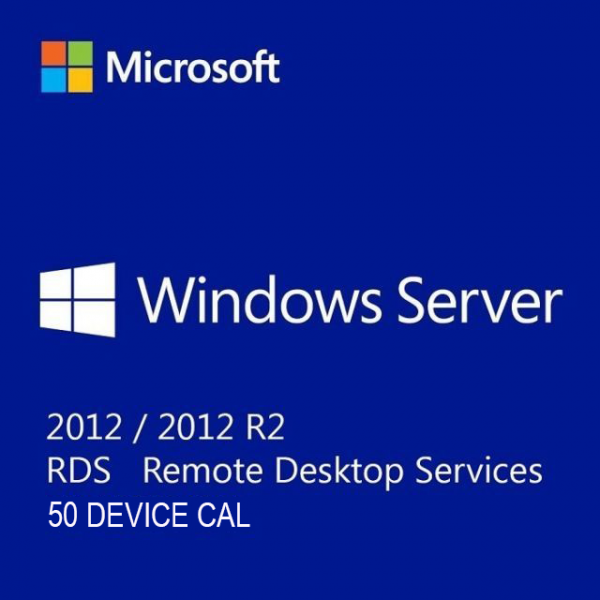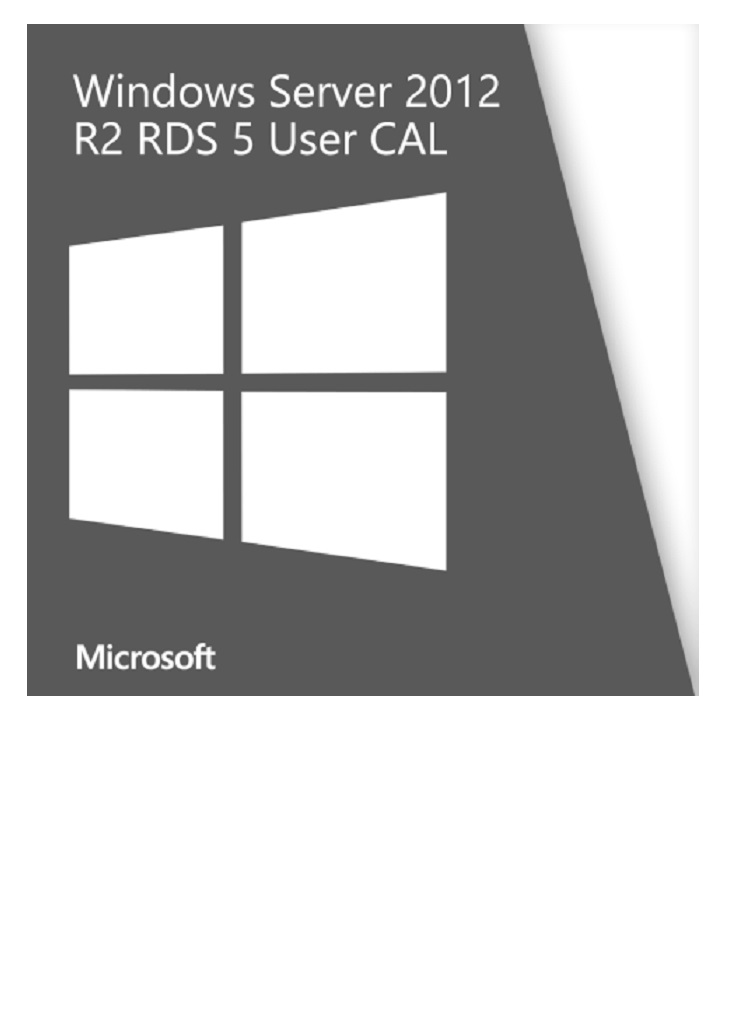

In volume licensing you can only get Datacenter and Standard. Foundation does not have any virtualization rights. There is also an Essentials and Foundation edition but those are not used in business environments or your business should have no more than 25 users which in that case maybe Essentials is an option. (For explanation of OSE see this link) You get entitled to unlimited number of VMs on up to two physical processors per server when using the Windows Server 2012R2 Datacenter edition. Windows Server 2012 Standard edition entitles you to run one instance in the physical Operating System Environment (OSE) and two instances in the virtual OSE. The only difference between these two editions are the virtualization rights. Windows Server 2012 Standard and Datacenter edition have the exact same features and capabilities You may store copies of the software on any of your servers or storage media without the requirement of additional Windows Server licenses. You may make any number of copies of the software. You may store any number of copies of the software without additional licenses The number of instances you may run depends on the Windows Server edition license that is assigned. Each Windows Server license covers up to two physical processors on a single server. To run an instance of Windows Server software on your server, you must license every processor on the server. You have to license every processor on the server! This is required for each user or device (or combination of both) that accesses or uses the Windows 2012 software. In addition of the Windows Server 2012 License you also need a Windows Server Client Access License also called CAL.

Windows Server 2012 and Windows Server 2012R2 are licensed under the Processor/Client Access License (CAL) model.

Even when using Microsoft Windows Datacenter licenses you still need CALs! Therefor I compiled a top 7: Things you should know regarding the licensing of Windows 2012R2 in a VMware environment. Licensing of Windows server products with virtualization technologies and specifically with VMware vSphere Clusters is a challenge. I get a lot of questions regarding how to handle licensing Windows on VMware. Microsoft has adjusted her licensing policy once again regarding the availability of Windows Server 2012 R2 in combination with virtualization and cloud environments.


 0 kommentar(er)
0 kommentar(er)
